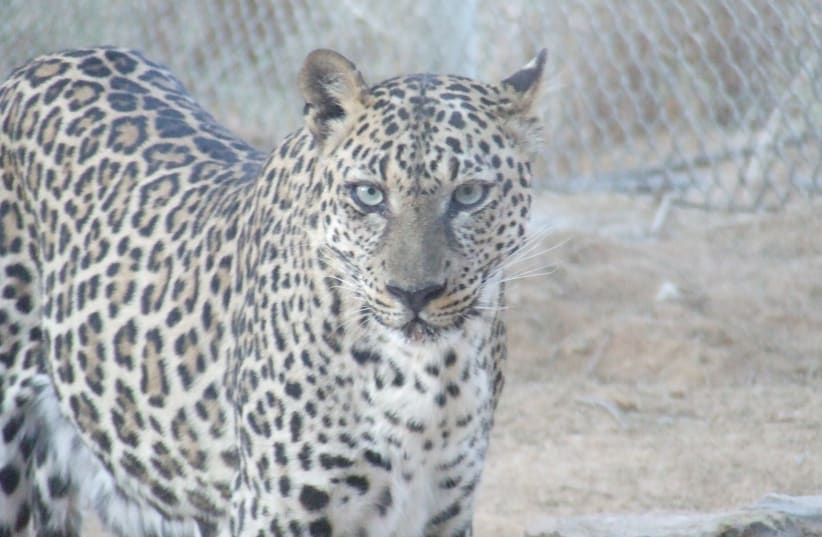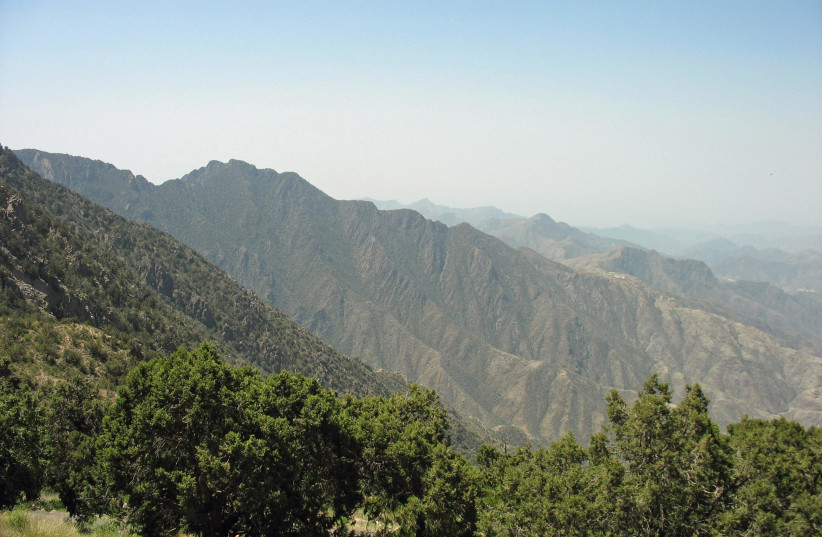Protecting tropical mountain ecosystems is critical to maintaining biodiversity amid mass extinctions caused by human activity and climate change, according to a study published in Science Advances on Wednesday by researchers from Ben-Gurion University of the Negev (BGU), Tel Aviv University and Imperial College London, funded by the Israel Science Foundation.
Tropical mountain regions, such as parts of New Guinea and Morocco, the Asir Mountains in Saudi Arabia and the Andes Mountains in South America, are home to countless unique species of fauna that are at an especially high risk of extinction because they are constrained to very specific biomes. The fact that these animals evolved in such isolated environments also means they are not closely related to other species around the globe.
The research team, including senior lecturer Dr. Uri Roll from BGU, identified that these ecosystems are disproportionately affected by urbanization, high human population density and climate change.
Furthermore, the researchers noted that these environments are currently under-protected from the detrimental effects of such human activities and that it is critical that conservationists turn their attention toward these unique habitats.
"In our age of the ‘sixth mass extinction’, our daily activities are causing hundreds and thousands of species to be lost forever," said lead researcher Dr. Gopal Murali, a student of Dr. Roll. In order to avert an ecological catastrophe, "we must identify regions and species most in need of our conservation efforts," he added.

